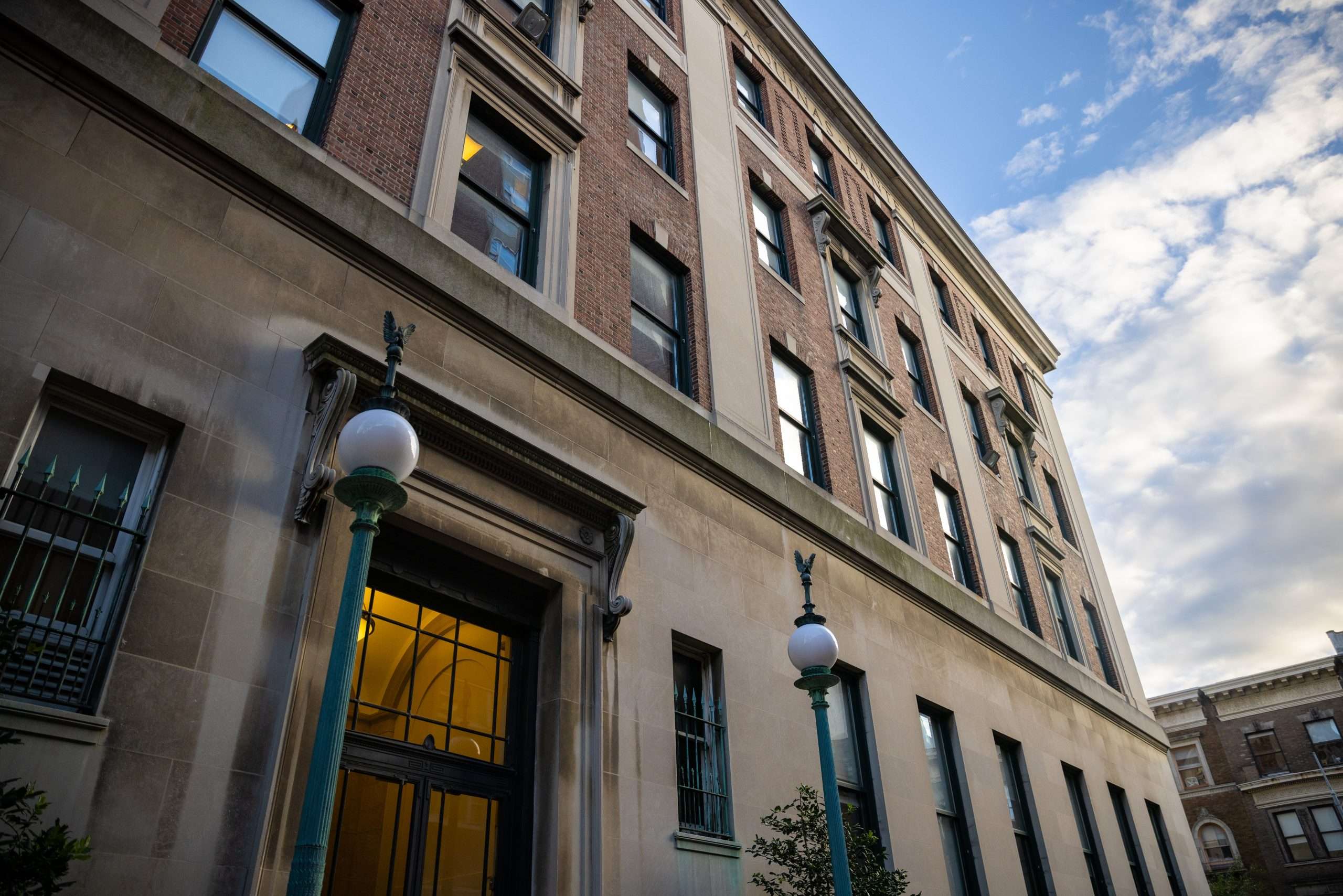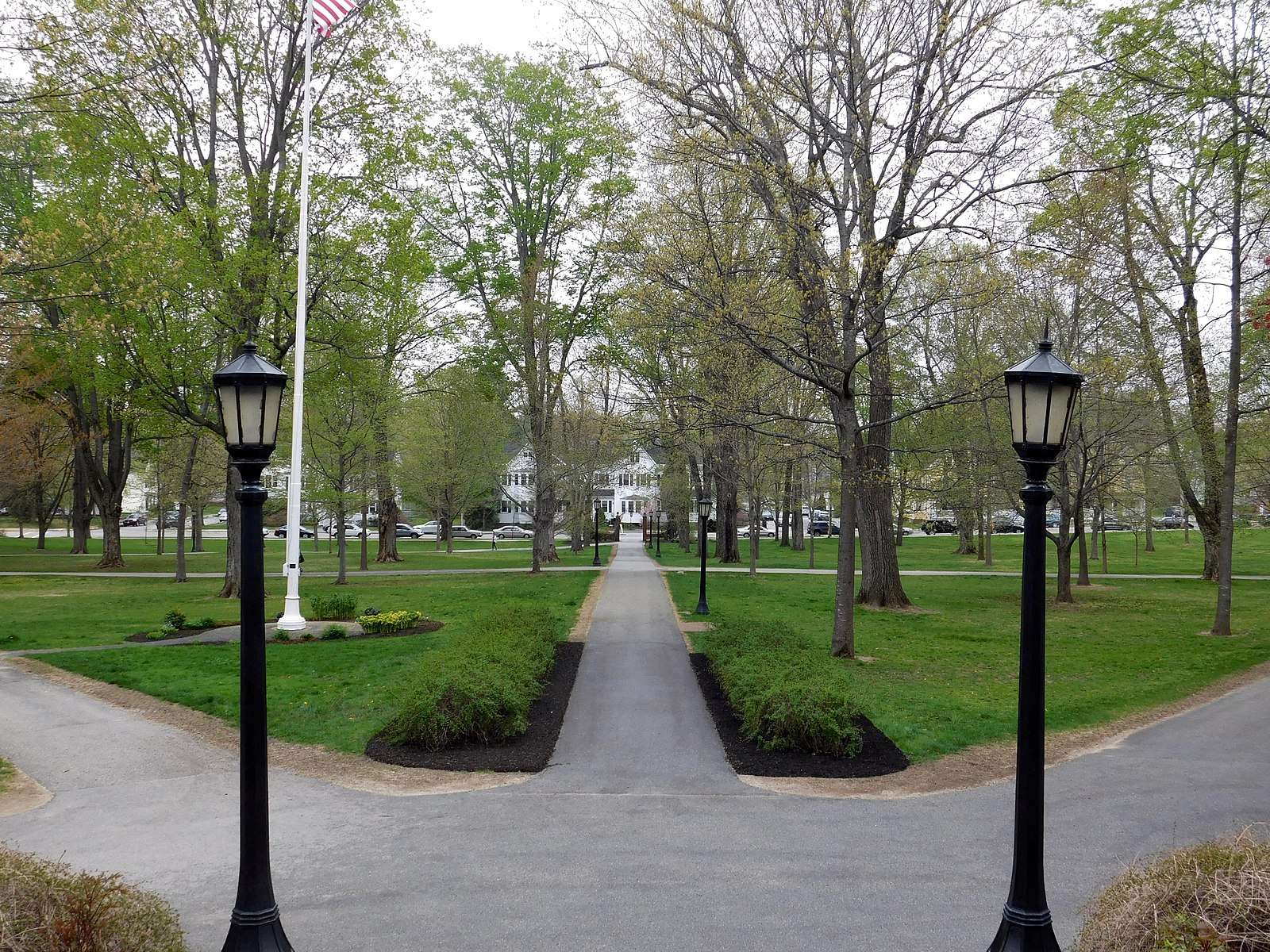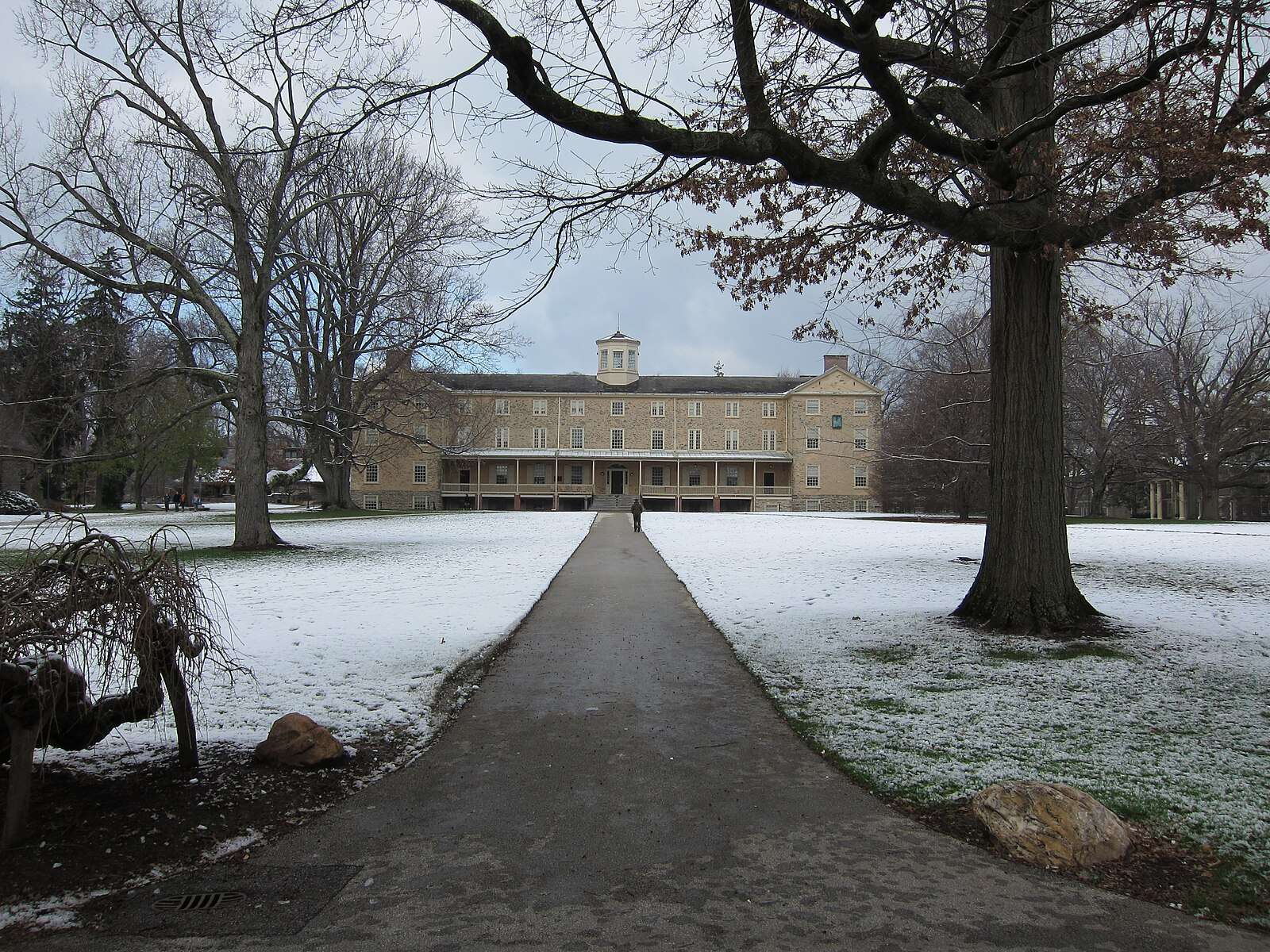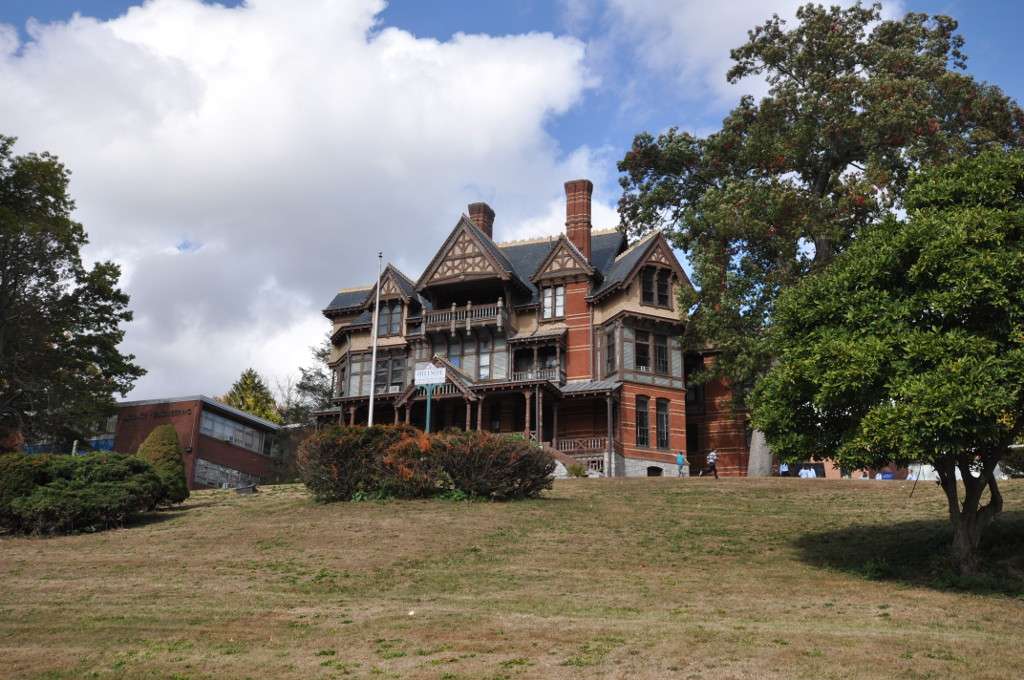The Ivy Coach Daily
Public vs. Private College: What’s the Difference?
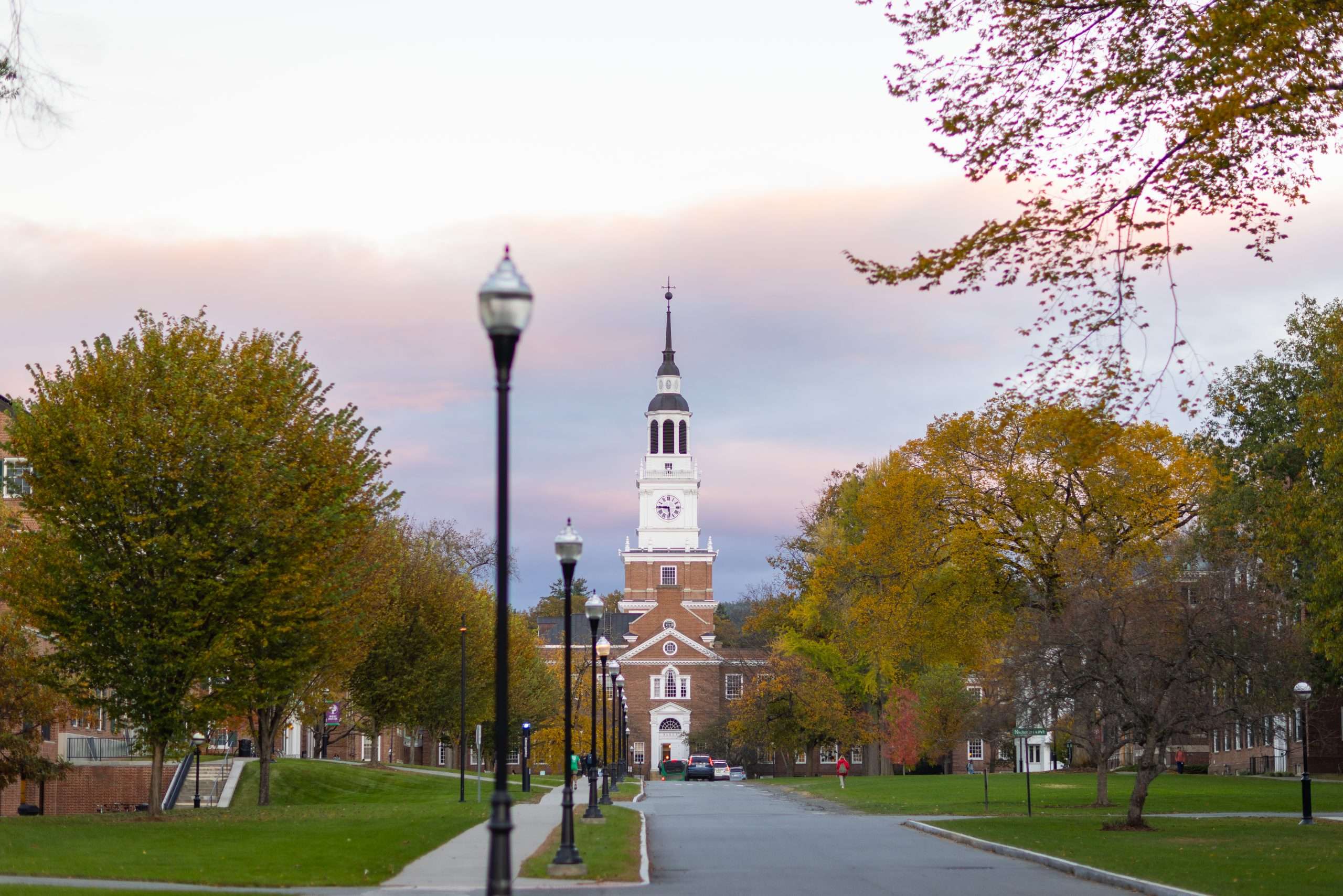
If you’re on the college hunt or feeling nostalgic about those years of higher learning, you’ve probably pondered this crucial question. What’s the real difference between private and public universities? Should you go for the large, bustling public campus or the more intimate, ivy-draped private school? Or are these stereotypes misleading? Here’s Ivy Coach’s guide to the key differences between the two. As you peruse, remember that every school is different, and what might be true of some public or private schools doesn’t necessarily apply to all!
Student Body Size Is Vastly Different
In the battle of private vs. public, size is a glaring difference. Public colleges tend to be much larger than their private counterparts, often enrolling tens of thousands of students. We’re talking about campuses where you could easily get lost on your way to class, and the Wi-Fi might give up because there are too many people online. However, this environment can also contribute to a lively social life where the party never stops and minoritized students can easily find their communities.
Private schools, on the other hand, tend to have a more manageable student population — sometimes as few as 2,000 students in the case of liberal arts colleges. This can lead to a more personal experience where you can wave at your professor in the grocery store, and they actually know your name. But the tradeoff is a feeling of isolation, which can be exacerbated in remote locations.
But if you’re looking for a tight-knit community with shared interests or a particular focus, private institutions tend to excel. Just remember not to be too shocked when your classes are chock-full of recruited athletes and legacies. That’s the name of the game in private college admissions!
The Costs and Financial Aid Difference
Public colleges, especially if you’re in-state, generally cost less than private institutions. They’re funded by state governments, which means they can keep tuition lower for residents. However, if you’re out-of-state, tuition at a public school can start to look suspiciously like a private school price. For private colleges, tuition is typically higher, but the tradeoff is that you might get a smaller class size, more personalized attention, and possibly a campus that looks like it came out of a fancy lifestyle magazine.
But before you get too discouraged by those tuition bills, keep in mind that private colleges are often more generous with financial aid. Hence, it’s always worth exploring scholarships, grants, and those mysterious “work-study” jobs. In fact, Ivy League schools are so committed to covering demonstrated financial needs that they typically cost less than your local state school!
Academics
When it comes to academics, public colleges offer a wide variety of courses, often across many disciplines. Whether you’re studying rocket science or underwater basket weaving, public universities usually have a program for it. However, professors may not always have time for one-on-one interaction with large class sizes. You might end up in a lecture hall full of hundreds of students, where the best you can do is hope your professor notices your enthusiastic hand-raising. But don’t take this to mean that the teaching is any better at private colleges.
The more prestigious the college, public or private, the more disengaged the professors tend to be. Many students who arrive on Ivy League campuses are shocked to find that the professors there would rather be doing their research than teaching students (with exceptions, of course!). The gold standard for education typically lies with the liberal arts colleges, where a personalized academic experience is the norm alongside a genuine connection with your professors.
The Final Verdict?
So, go ahead — make your decision, book that campus tour, and remember, the more prestigious public and private schools set themselves apart by the caliber of students they admit. If that student next to you in the seminar is a future titan of industry or revolutionary inventor, chances are their ambition will rub off on you. On the other hand, if you’re only surrounded by burnouts and future middle managers, well, let’s just say you might not start to develop the sense of drive that thrusts Ivy Leaguers and the like into high-powered careers. Regardless of the type of college you set your sights on, take admissions selectivity as a good indicator of prestige. Don’t apply to a private university with an 80% acceptance rate and 40% graduation rate just because it’s private! And don’t write off those top public schools like the University of Michigan or UC Berkeley!
You are permitted to use www.ivycoach.com (including the content of the Blog) for your personal, non-commercial use only. You must not copy, download, print, or otherwise distribute the content on our site without the prior written consent of Ivy Coach, Inc.
TOWARD THE CONQUEST OF ADMISSION
If you’re interested in Ivy Coach’s college counseling, fill out our complimentary consultation form and we’ll be in touch.
Get Started